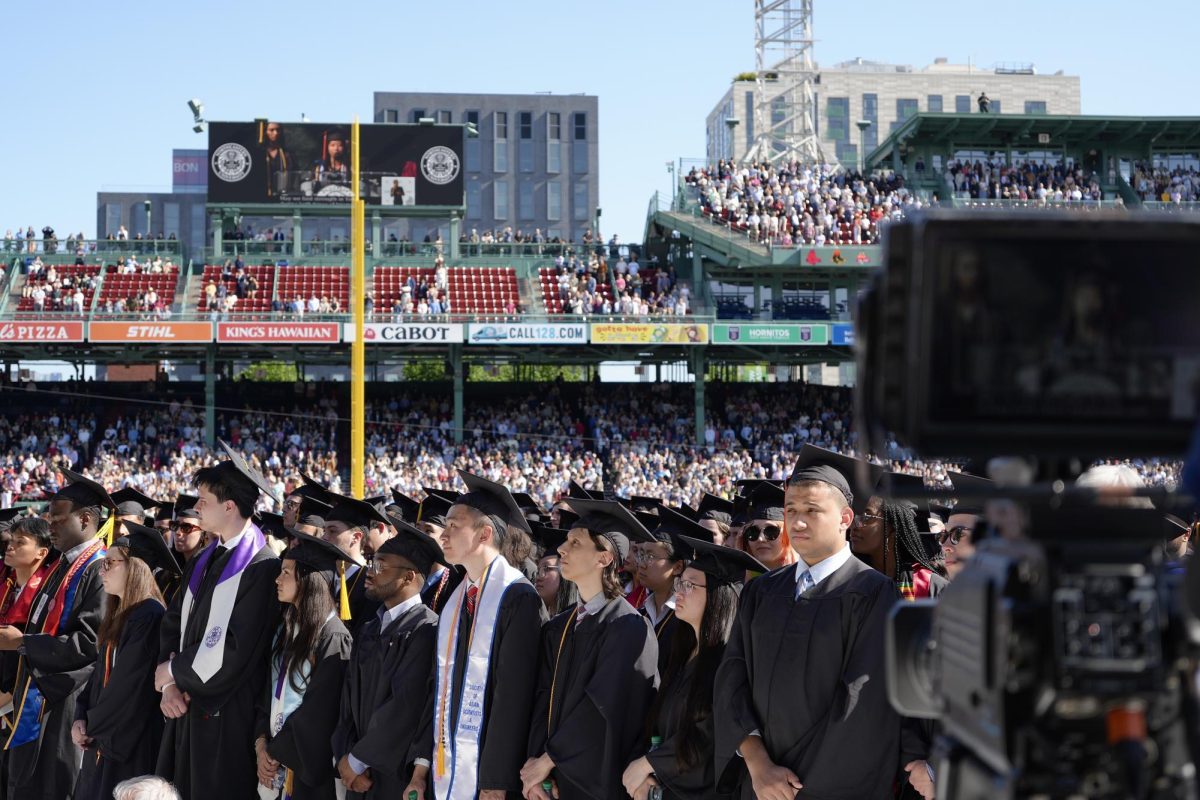Being an American abroad can be a wildly different experience depending on which corner of the world you land. When I accepted my co-op in Bosnia and Herzegovina, I expected to have my mind tested and to experience different views of the US. What I didn’t expect was for it to affect so much of my daily mindset.
This year will mark the 20-year anniversary of the Dayton Accords, the document that ended the war in Bosnia and Herzegovina and laid out the framework for the country’s status today. Now, I won’t get into the details of the agreement. However, it is important to note that this agreement was initially a temporary one meant to halt the bloodshed that was destroying the country. I don’t think that anyone believed that it would still be the governing document of the nation to this day; but here it is, 20 years later, and the country is no closer to drafting a new constitution.
All of that said, living in Bosnia and Herzegovina as an American is a very complex experience. I was in diapers when Serb militias were murdering thousands at Srebrenica and many other locations while NATO just stood by. I was taking my first steps when President Bill Clinton ordered airstrikes on Serb positions following the genocide. And yet, I feel as though people tend to look at the US (a member of NATO) as a complacent bystander to massacres and the forced relocations that became synonymous with the Bosnian War.
This is not to say that the people in Bosnia and Herzegovina are not warm. In fact, they are some of the warmest and good-humored people I have ever met, but when talk turns to those terrible events over 20 years ago, it is difficult to ignore the overwhelming feeling that the whole world – including me in my diapers – turned our collective back on them. The despair and hopelessness that the civilians must have felt is unfathomable. To know that the world was watching this slaughter on TV – and in color – is a deep-seated, inherent guilt that is hard to shake.
However, on certain days, that sympathy and guilt has turned to defiant anger and frustration. Anger at the European Union and NATO for letting a neo-fascist, ethnic cleansing campaign take root in Europe only 50 years after Nazi Germany attempted the same thing. Frustration that the country is as ethnically divided today as it was 20 years ago – that in 2015 Europe there are schools segregated over, as the late journalist Christopher Hitchens put it, “filthy, stupid, medieval quarrels.” Not to mention the irreparable damage this is doing to the psyche of the youth – being raised with the same nationalistic tendencies that drove its forebearers to war.
It’s one month into my stay in Bosnia and Herzegovina and I don’t know exactly where I stand. Many days, I feel the same as many of the locals do: this country is beyond any reasonable hope to overcome the current impediments that keep it bound to a constant post-war mentality, that United States’ attempts to fix it are misguided and ineffective given the irreconcilable ethnic divisions that have arisen. However, on other days, a conversation with a college student in a smoky bar, or being treated like family by a veteran who has picked up his life and moved on to brighter days, is enough to give me some hope for the future of this beautiful place.
-Chris Benevento is a junior journalism major.








